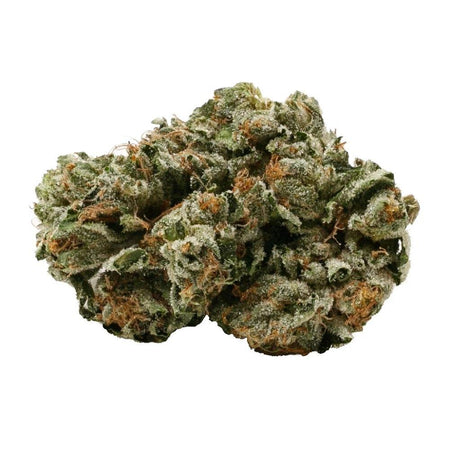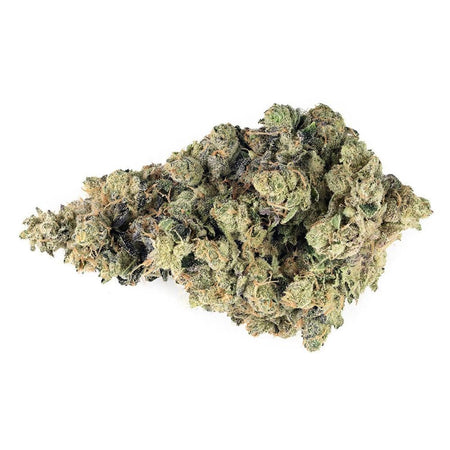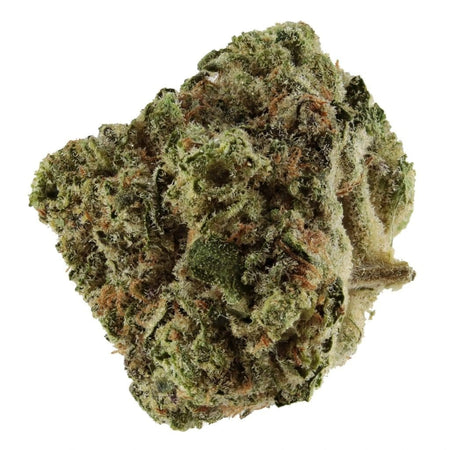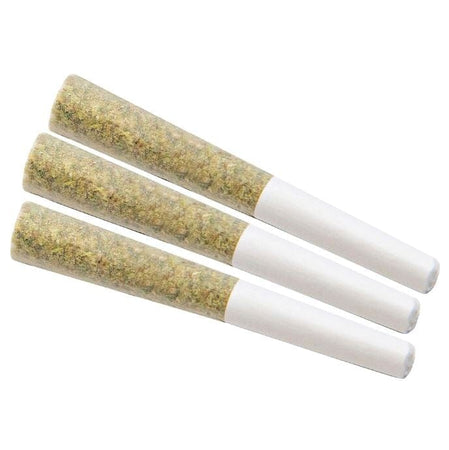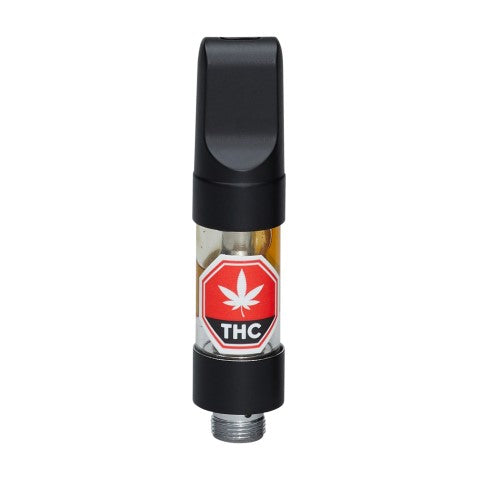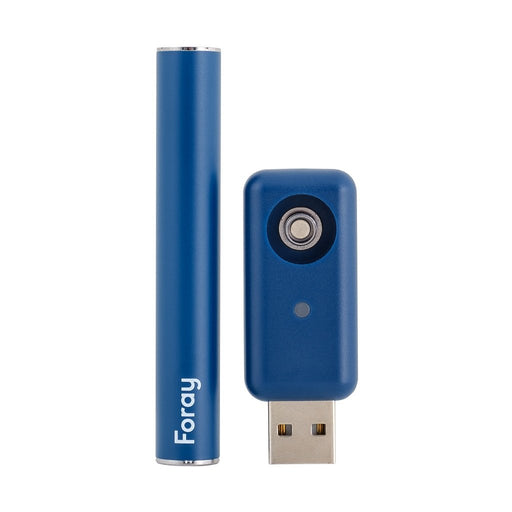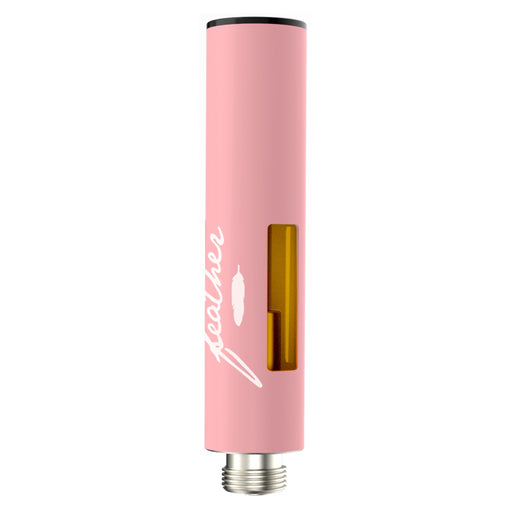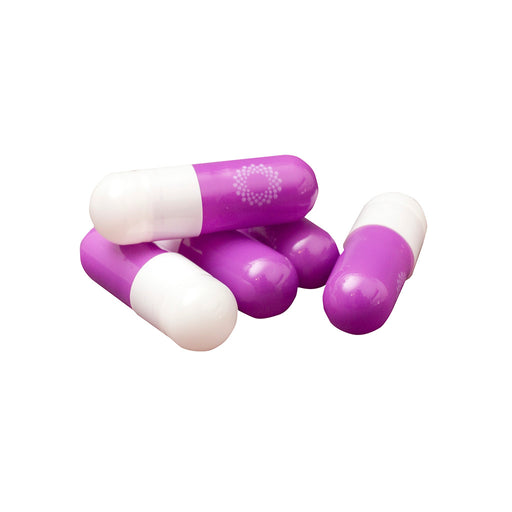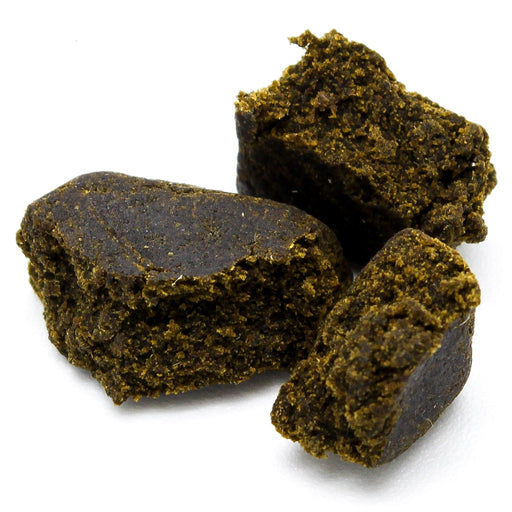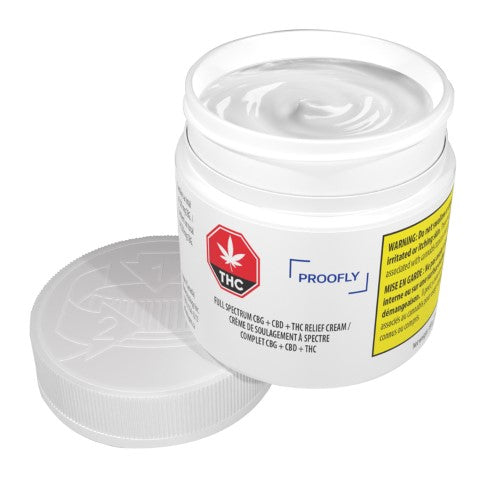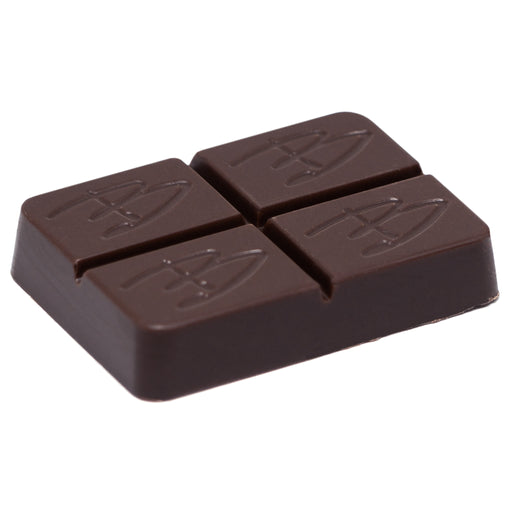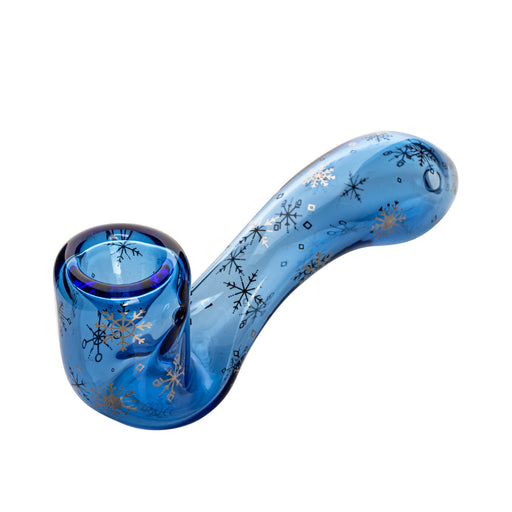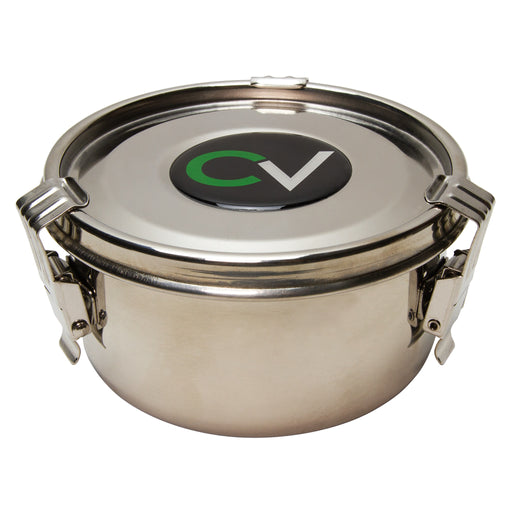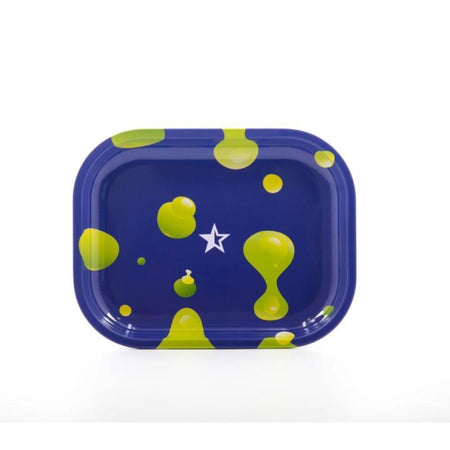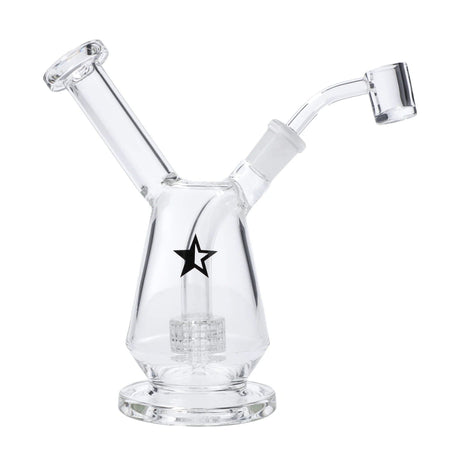Understanding CBD Metabolism
Cannabidiol (CBD) is a non-psychoactive compound derived from the cannabis plant, widely consumed in various forms such as oils, edibles, capsules, and topical applications. Each of these consumption methods introduces CBD into the body differently, influencing how it is metabolized and its overall effectiveness. Understanding the metabolic process of CBD is essential for comprehending how long it stays in your system and its potential effects.
When CBD is ingested, it first enters the bloodstream through the digestive system or lungs, depending on the method of consumption. From there, it is distributed throughout the body, interacting with the endocannabinoid system, which plays a crucial role in maintaining homeostasis. However, the bioavailability of CBD, which refers to the proportion of the compound that enters the circulation and can have an active effect, varies significantly among different forms. For example, CBD oils and tinctures, often taken sublingually, have higher bioavailability compared to edibles due to bypassing the first-pass metabolism in the liver.
The liver is pivotal in metabolizing CBD through the cytochrome P450 enzyme system. This system is responsible for breaking down many drugs and substances, including CBD, into metabolites that can be more easily excreted by the body. The efficiency of this metabolic process can be influenced by several factors, including the dosage and frequency of CBD use. Higher doses and more frequent use can lead to a more prolonged presence of CBD and its metabolites in the system.
Individual differences also play a significant role in CBD metabolism. Factors such as age, weight, and metabolic rate can significantly impact how quickly and efficiently CBD is processed. Younger individuals with faster metabolic rates may process CBD more rapidly than older adults. Similarly, body weight can affect the distribution and concentration of CBD in the body, influencing its metabolic rate.
In summary, understanding the metabolism of CBD is complex and influenced by various factors, including the method of consumption, dosage, frequency of use, and individual physiological differences. Recognizing these variables can help in predicting how long CBD may stay in one’s system and optimizing its use for therapeutic benefits.
Detection Windows and Testing for CBD
Understanding how long CBD remains detectable in your system is essential, especially for individuals subject to drug testing. Various testing methods, including urine, blood, saliva, and hair tests, are employed to detect the presence of CBD or its metabolites. Each testing method has a distinct detection window, which is influenced by numerous factors such as the frequency of CBD use, the individual’s metabolism, and the type of CBD product consumed.
Urine tests are among the most common methods for detecting CBD metabolites. Typically, CBD can be detected in urine for up to 3-7 days after the last use, although this window can extend with prolonged and frequent consumption. Blood tests, on the other hand, have a shorter detection window, usually up to 24 hours after the last use. This is because CBD is rapidly metabolized and eliminated from the bloodstream.
Saliva tests offer a more immediate detection window, generally capable of detecting CBD within a few hours up to 72 hours post-consumption. Hair tests, though less commonly used, can detect CBD and its metabolites for a much longer duration, often up to 90 days, due to the slow growth rate of hair and the accumulation of substances within it.
Several factors influence these detection windows, including the individual’s metabolic rate, body mass, age, hydration level, and overall health. Additionally, the frequency and dosage of CBD intake play significant roles in how long CBD remains detectable. Chronic, high-dose users may find that CBD stays in their system longer compared to occasional users.
A common concern regarding CBD and drug tests revolves around the presence of THC, the psychoactive compound in cannabis. Full-spectrum CBD products may contain trace amounts of THC, which could potentially result in a positive drug test. It’s crucial to verify the THC content in CBD products and opt for broad-spectrum or isolate products if drug testing is a concern.
For those who may need to undergo drug testing while using CBD, practical advice includes consulting with healthcare providers and employers about CBD use, choosing products with no or minimal THC, and being mindful of dosage and frequency. Keeping well-documented records of CBD product labels and batch testing results can also serve as evidence of responsible use.
